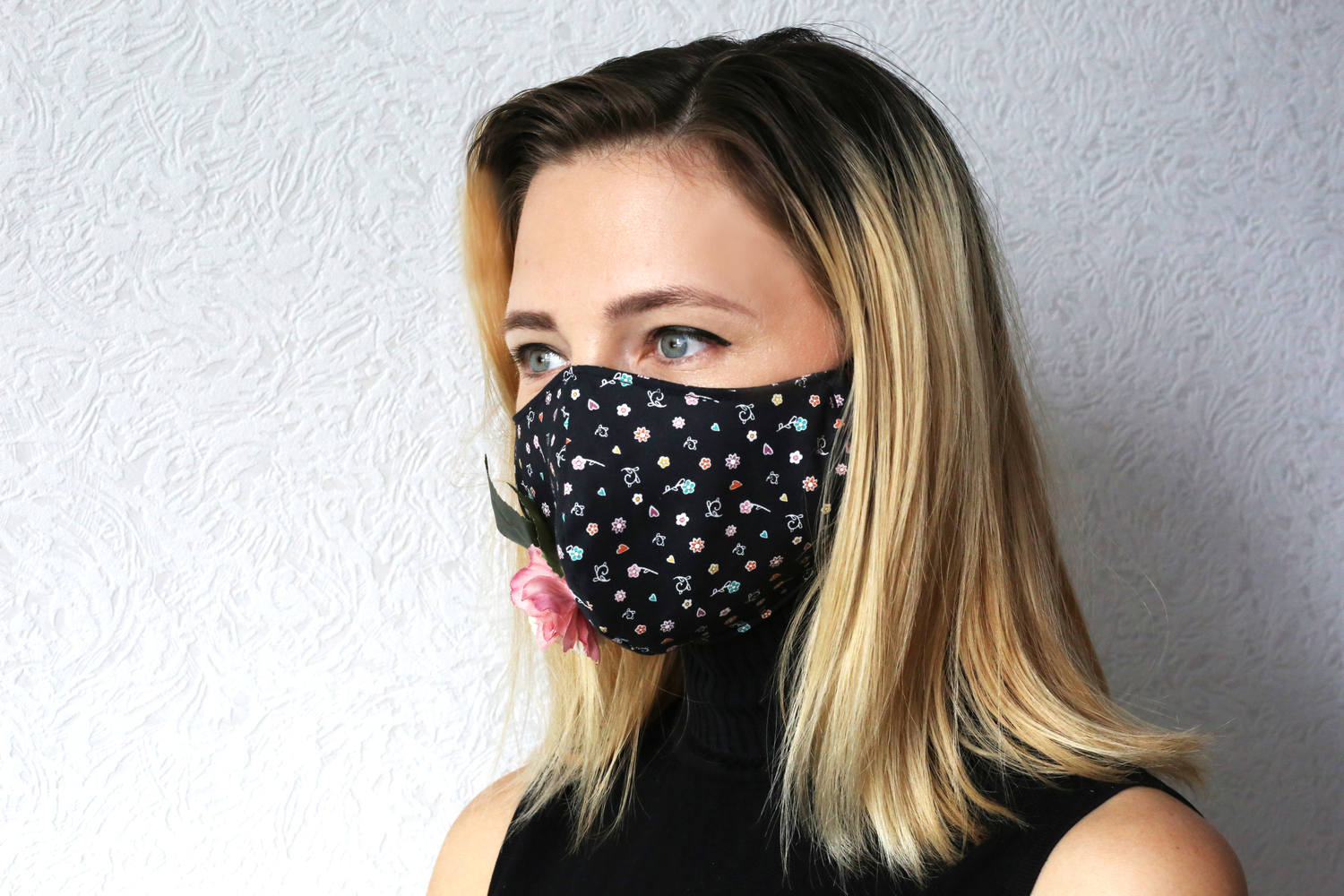
Health Issues Impacted by Wearing a Face Mask
Though they are important to limit the spread of infectious illnesses, face masks can be troubling. Remembering to wash your mask regularly, bringing it with you everywhere you go, and preventing that terrible fogging up of your glasses are daily annoyances that were not previously part of life. Many people also find face masks uncomfortable for breathing, particularly if they have any of these health issues:
1. Migraines
There has yet to be significant research on whether or not there is a correlation between wearing face masks and suffering from migraines, but the link here is that if you are a migraine-sufferer, wearing a face mask limits how much water you are able to drink throughout the day — resulting in a higher chance of a migraine. Additionally, the pressure of your mask’s straps pulling on your ears over the course of the day might also have an impact. If you have found that your headaches are more frequent when wearing a face mask, consider these solutions: set a phone alarm to remind yourself to drink water throughout the day, manage your stress throughout the week by doing yoga or another form of exercise, and switch to a face shield (if the straps of your face mask seem to be the problem).
2. Asthma
This one is perhaps the trickiest, as asthma-sufferers are an at-risk group that must be protected from the spread of COVID. If you suffer from this condition, though, you might find the mask making it even more difficult to breath. The best thing you can do to simultaneously stay safe and avoid extra breathing problems is to stay home. If your job or lifestyle requires you to go out, opt for a mask (like a bandana or gaiter) which allows easier oxygen intake.
3. Eczema
As if constant hand washing was not already an issue for eczema-sufferers, face masks can also be uncomfortable for these individuals. In some cases, the repetitive friction from the straps and cloth of your face mask rubbing against your skin can cause skin issues like dryness, redness, acne, and peeling. People who suffer from eczema should be extra conscious of their skin care regiment, taking care to use gentle face washes, avoid makeup, and use a heavy moisturizer under their mask. It may also be beneficial to switch up what type of mask you are using, opting for a fabric that is gentler on the skin than, for example, a surgical mask.
4. COPD
Like asthma, those with COPD (chronic obstructive pulmonary disease) are both a high-risk group for COVID and may have a harder time breathing through their face masks. The best thing these individuals can do for their health is to stay home, and if forced to venture outside, wear a bandana or another breathable alternative to a face mask. Checking the weather can also be beneficial, and then only going outside when there is low humidity (or when it is not too cold or too hot).
5. Heart disease
If face masks restrict breathing, they can also have a negative impact on heart rate and blood pressure, which can be detrimental especially for groups who suffer from heart disease. If you have a heart condition and find it harder to breathe in a face mask, staying at home or switching to a face shield might be good solutions, though you should consult your doctor for the best advice.


